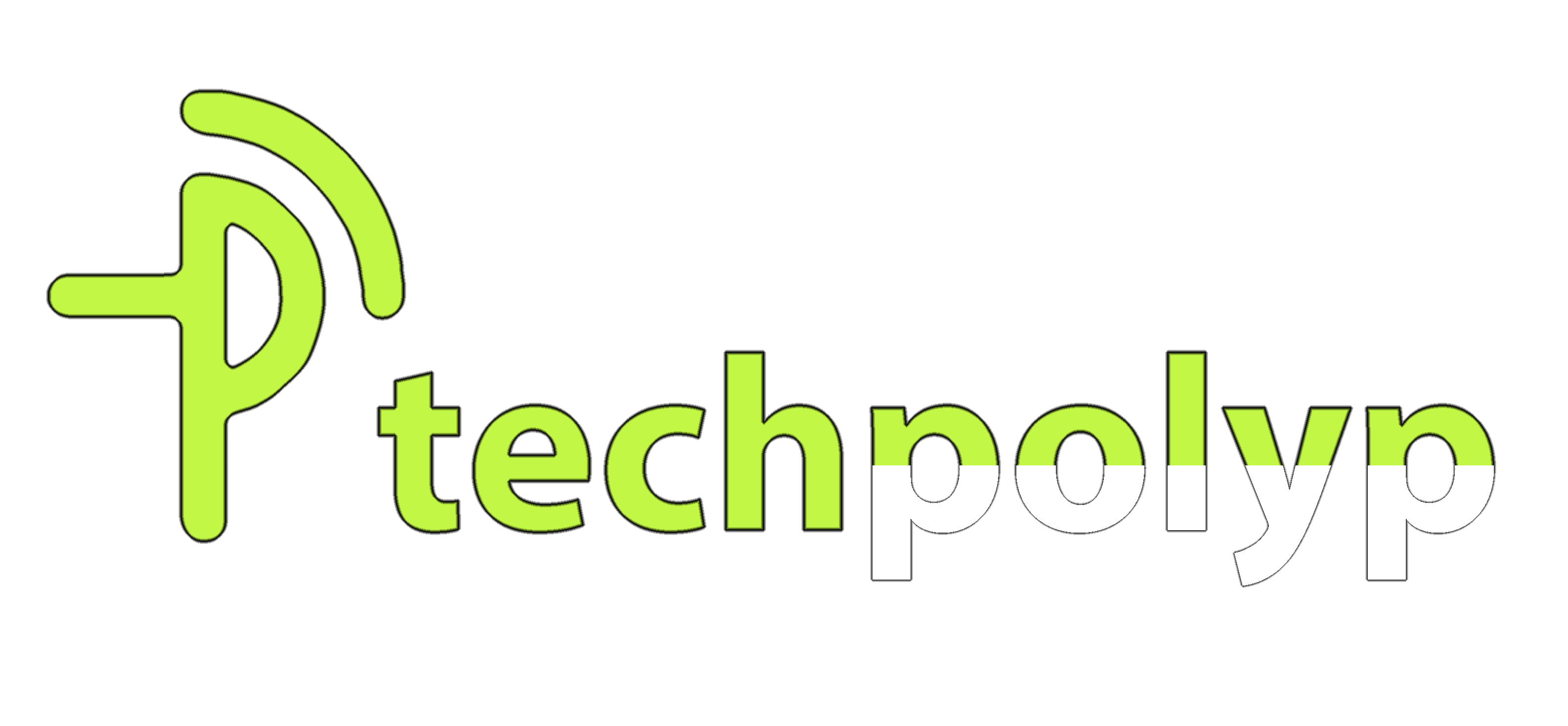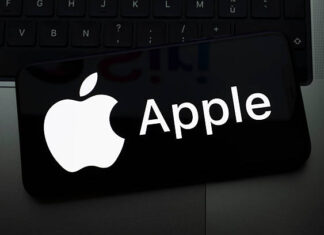When you purchase through links on our site, we may earn an affiliate commission. This doesn’t affect our editorial independence.
A German court has ruled that OpenAI’s ChatGPT violated national copyright laws by using licensed musical works without permission during model training. Notably, a Munich regional court delivered the ruling. Additionally, the OpenAI copyright ruling came after a lawsuit filed by GEMA, Germany’s music rights society, in November last year. In the same vein, Meta AI faces litigations over similar fact.
The court found and affirmed that ChatGPT had reproduced parts of protected song lyrics in its training data. Consequently, the court discountenanced OpenAI’s argument that the fair use policy covers the use as an exception. In the OpenAI copyright ruling, the court also pronounced that the company must pay an undisclosed sum in damages to GEMA.
OpenAI Copyright Ruling: GEMA Describes Ruling as First Landmark AI Ruling in Europe
According to GEMA, the OpenAI copyright ruling is the first landmark AI ruling in Europe. The organisation maintains that the decision sets a precedent for how copyright law applies to language models. “Today, we have set a precedent that protects and clarifies the rights of authors,” said Tobias Holzmüller, GEMA’s chief executive. “Even operators of AI tools such as ChatGPT must comply with copyright law.”
OpenAI disagreed with the ruling and said it was “considering next steps.” The company has faced similar lawsuits from artists, writers, and media groups in the United States and Europe. It’s noteworthy that the OpenAI copyright ruling and other litigations have all been surrounded by the use of copyrighted materials in AI training without consent.
The OpenAI copyright decision adds new pressure on global AI developers to review their data sourcing practices. Analysts say it could shape future regulation across Europe and force companies to license creative content before using it to train models. Interestingly, Anthropic’s ruling is another judgement in the opposite direction of OpenAI’s.
However, for GEMA, the victory is a step toward clearer standards for how to handle music and creative works in the digital age. For OpenAI, it marks one of the first major legal setbacks in Europe as the debate over copyright and AI intensifies.









